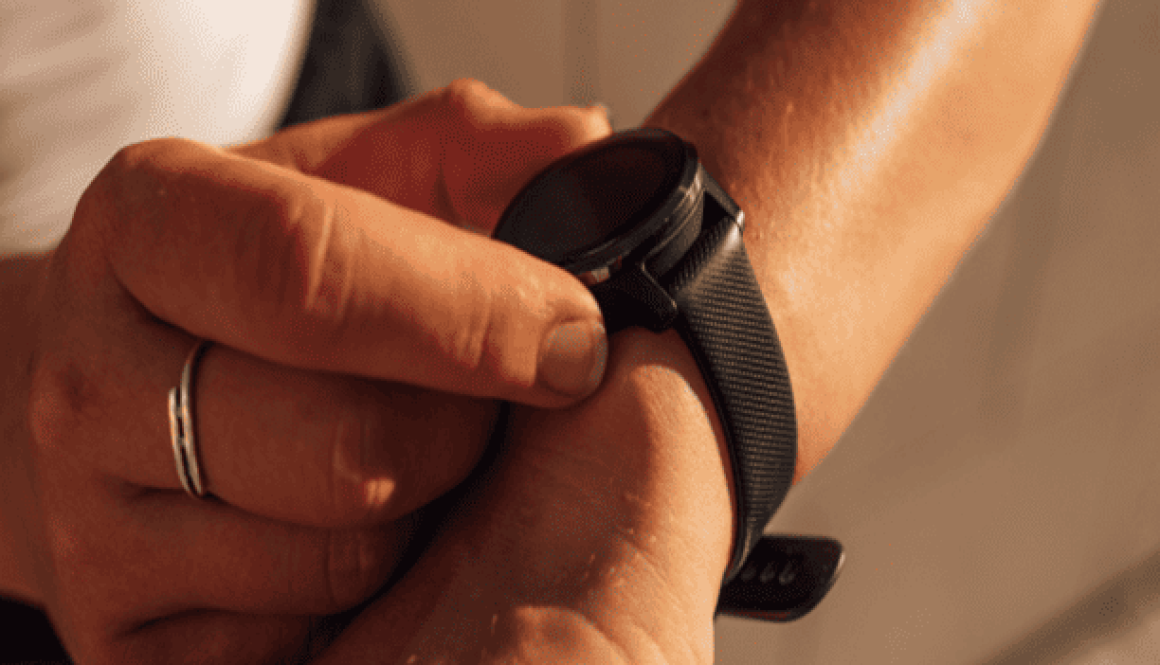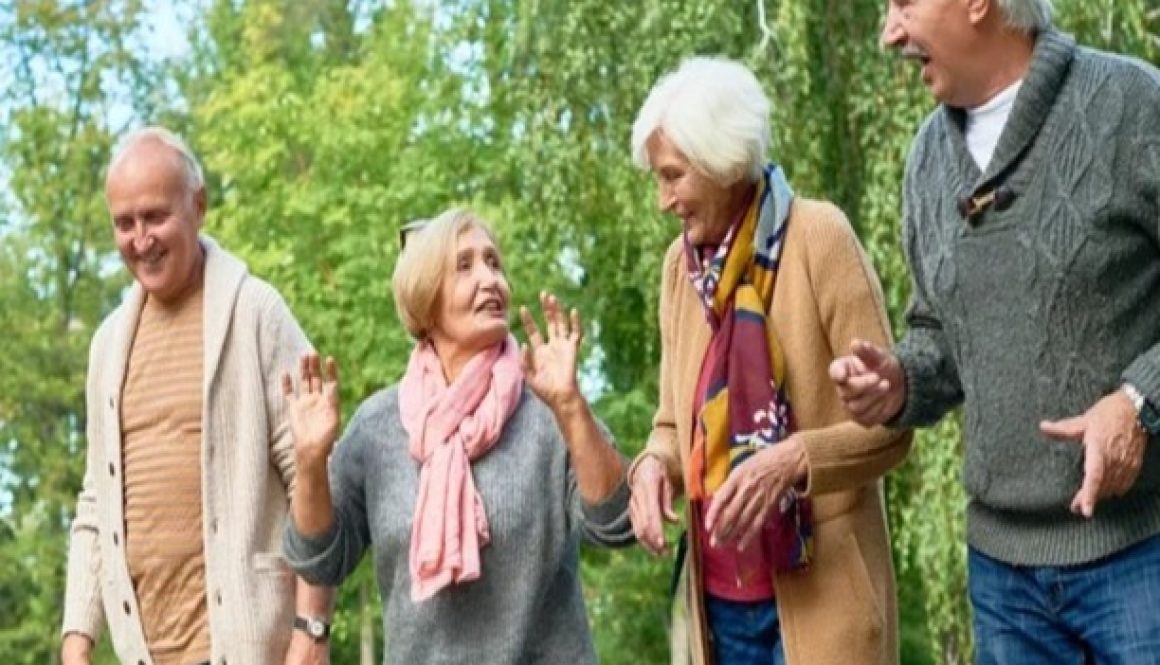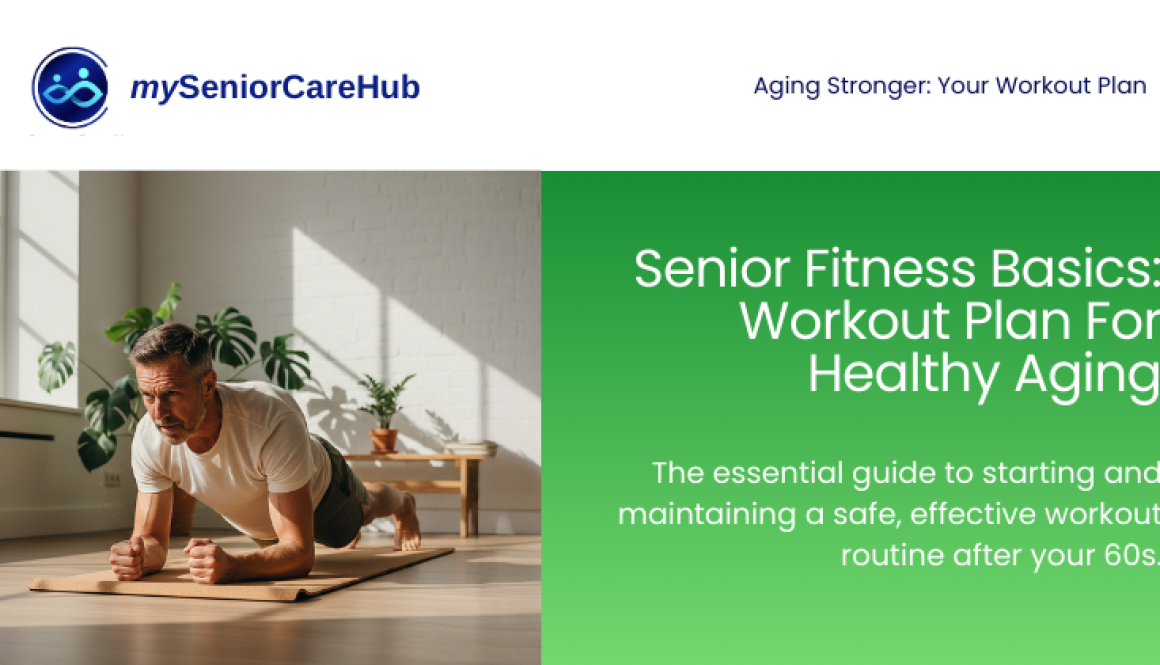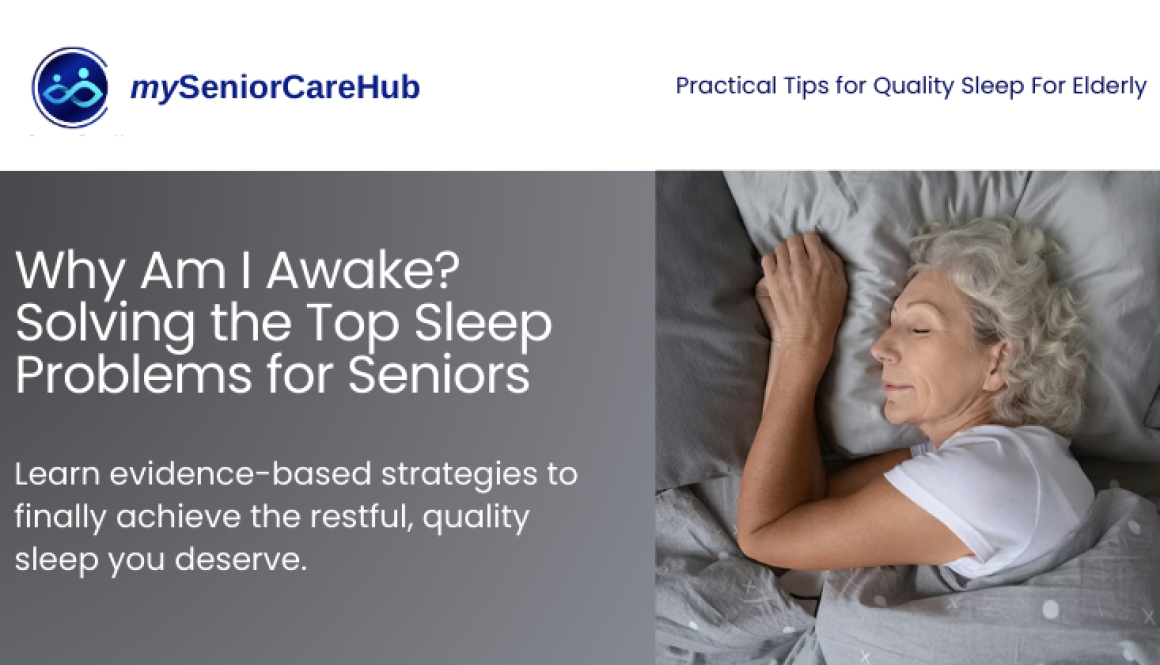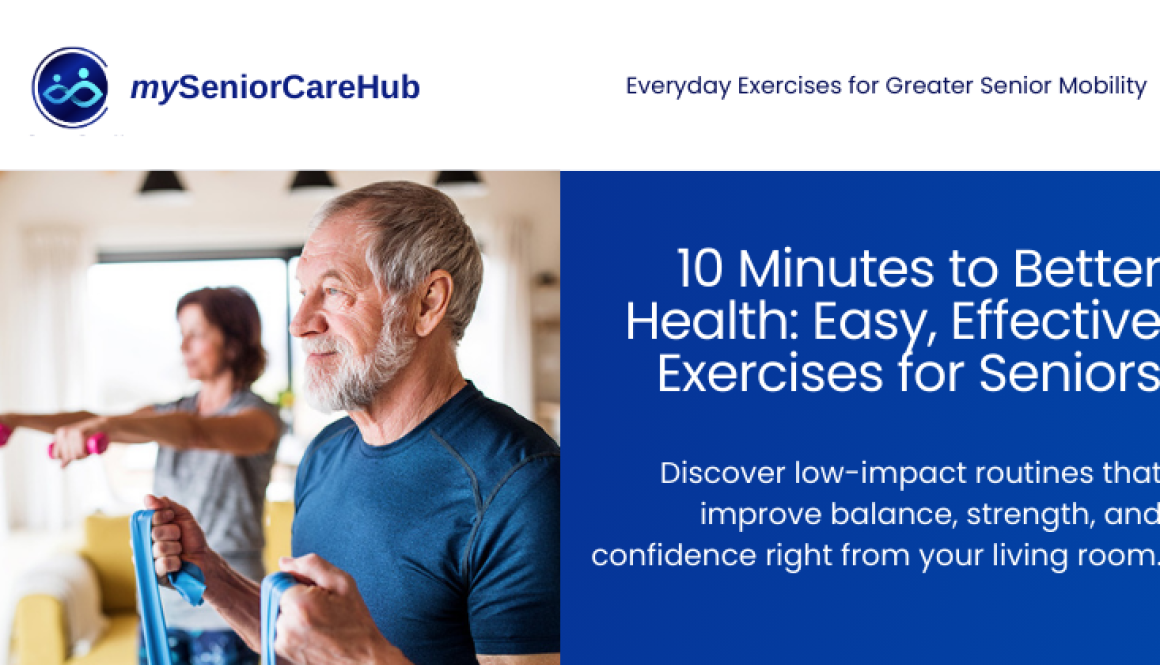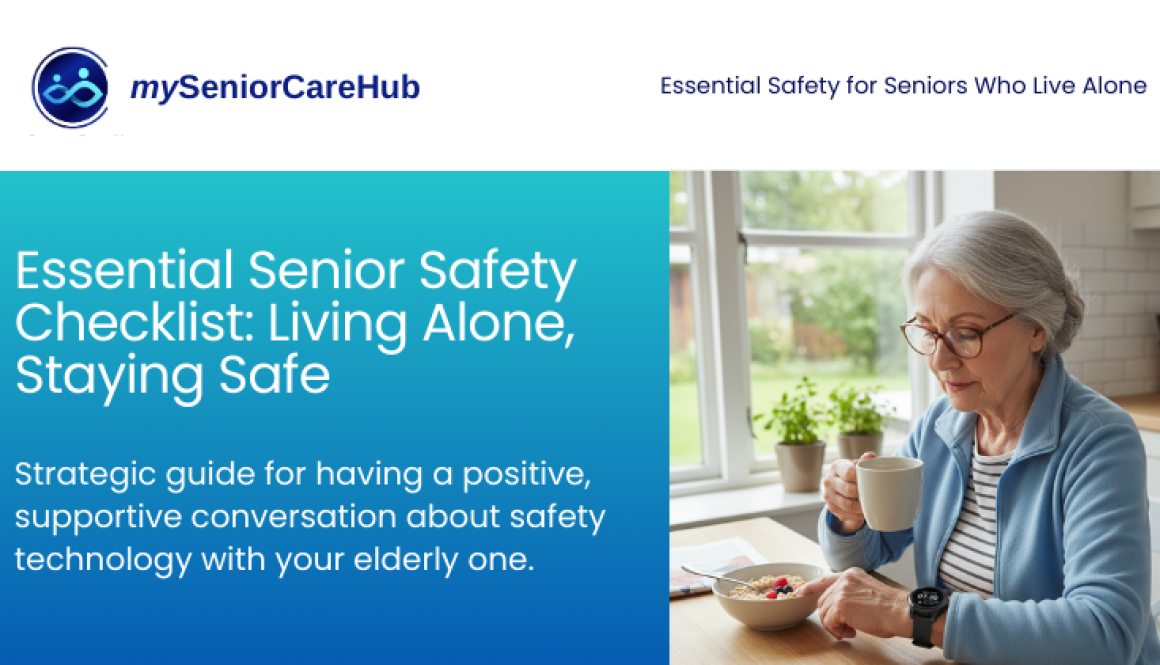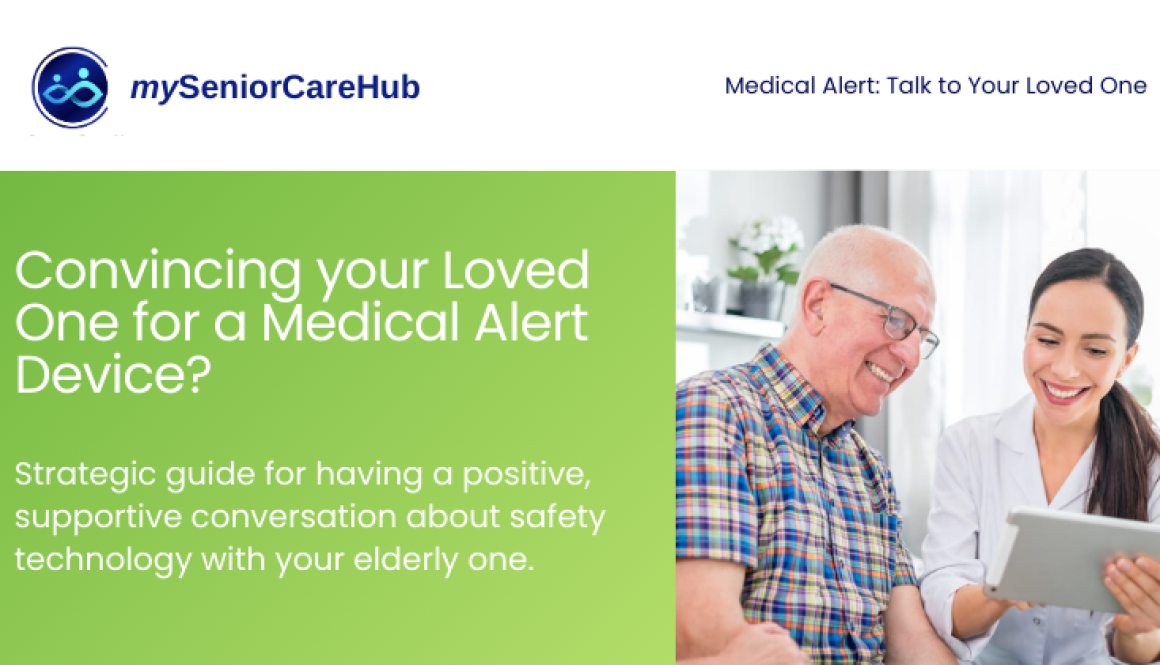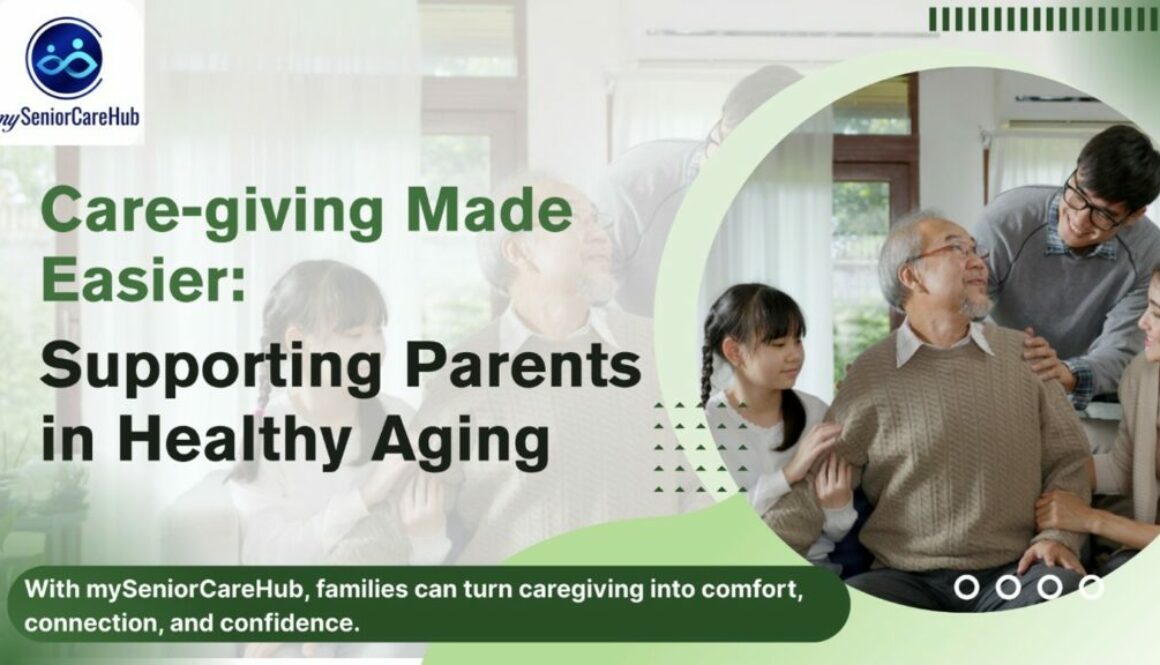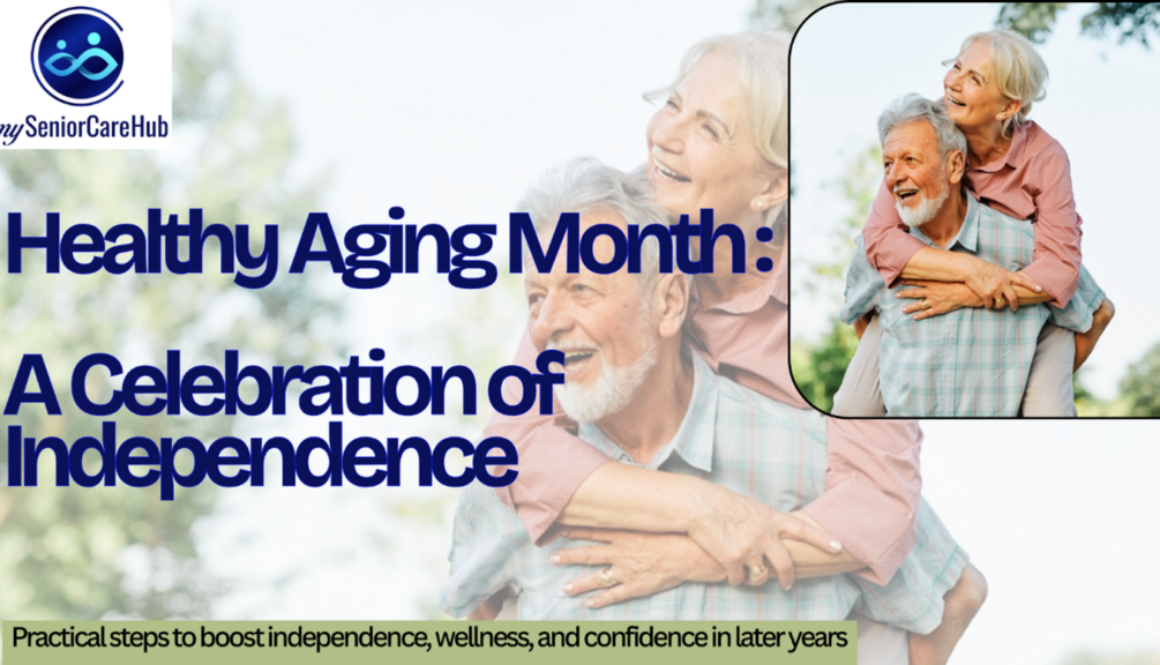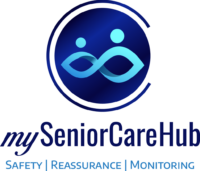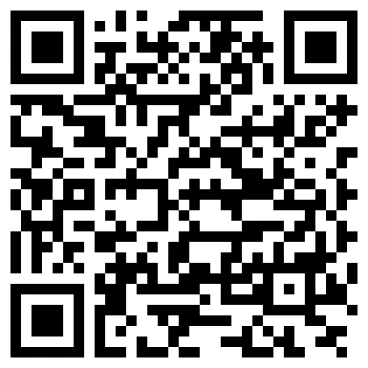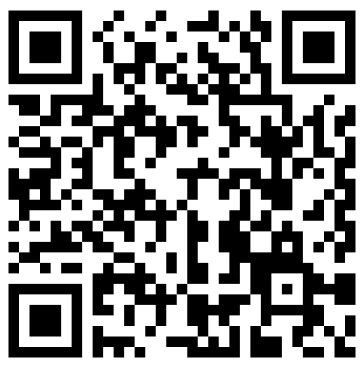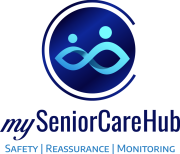Sensitive Skin? Why Your Smartwatch Should Be RoHS Certified
If you’ve ever noticed a red, itchy rash under your smartwatch band after a few hours of wear, then you should run a check if your smartwatch is RoHS Certified or not.
For many seniors, skin becomes thinner and more sensitive over time, making it prone to contact dermatitis – a common reaction to the materials used in modern electronics.
As we look toward the best technology in 2026, there is one “hidden” feature that is more important for your comfort than step counting or GPS: RoHS Certification.
Here is why a RoHS Smartwatch is the gold standard for anyone with sensitive skin.
What Exactly is RoHS?
RoHS stands for Restriction of Hazardous Substances. Originally an EU directive, it has become a global benchmark for safety.
It strictly limits the use of ten toxic materials in electronics, including:
- Lead
- Mercury
- Cadmium
- Hexavalent Chromium (a known skin irritant)
- Phthalates (chemicals used to soften plastics)
When a device is a RoHS Smartwatch, it means the manufacturer has undergone rigorous testing to ensure these “heavy hitters” of the chemical world aren’t leaching into your skin.
3 Reasons Why Seniors Need an RoHS Smartwatch
For the senior community, a smartwatch is often a vital safety tool for fall detection and heart monitoring.
However, if the watch causes irritation, you’re less likely to wear it.
1. Protection Against “Watch Rash”
Most “watch rashes” are caused by low-grade nickel or harsh flame retardants found in cheaper, non-certified devices.
RoHS standards ensure that the metals and plastics touching your wrist 24/7 are free from high levels of these irritants.
2. Thinner Skin Needs Better Materials
As we age, our skin’s natural barrier weakens. According to dermatological studies, seniors are more susceptible to irritant contact dermatitis.
A RoHS-certified device ensures that the “chemical load” on your wrist is kept to an absolute minimum.
3. Peace of Mind for 24/7 Wear
Features like sleep tracking and heart rate monitoring require you to wear your watch nearly all day and night.
RoHS compliance ensures that even with sweat and heat (which can cause chemicals to migrate from the device to your skin), you are protected from toxic exposure.
How to Identify a RoHS Smartwatch?
When shopping for your next device, don’t just look at the battery life. Check the “Technical Specifications” or the back of the box for these signs:
- The RoHS Logo: Often a small checkmark or the letters “RoHS” inside a leaf or circle.
- The CE Mark: Most products with a CE mark sold in Europe are required to be RoHS compliant.
- Trusted Brands: Major manufacturers like Apple (Series 11), Samsung (Galaxy Watch 8), and Fitbit (Versa 4) maintain strict RoHS compliance for their global releases.
Quick Comparison: Standard vs. RoHS Smartwatch
| Features Compared | Standard Smartwatch | RoHS Smartwatch |
| Nickel Content | May contain high traces | Strictly limited/safe levels |
| Plastic Quality | May use toxic Phthalates | Lead-free & Phthalate-free |
| Skin Safety | High risk of “Watch Rash” | Hypoallergenic focused |
| Longevity | Potentially corrosive materials | High risk of “Watch Rash.” |
Tips for Keeping Your Skin Happy
Even with an RoHS Smartwatch, you should follow these simple steps to ensure total comfort:
- Keep it Dry: Always dry your wrist and the back of the watch after washing your hands or sweating.
- The “Pinky Rule”: Ensure you can fit your pinky finger between the strap and your wrist. If it’s too tight, it traps moisture.
- Switch Wrists: Give your skin a break by switching the watch to your other wrist while you sleep.
Are you ready to upgrade to a Skin-Safe Wearable?
If you are looking for a device that checks every safety box, the SafeLynk Smartwatch is our top choice for 2026.
Not only does this smartwatch carry full RoHS certification, but we engineered it specifically for seniors
Beyond its hypoallergenic materials, SafeLynk offers:
- 24/7 Medical Monitoring: Instant connection to U.S.-based emergency specialists.
- Advanced Fall Detection: Specialized algorithms that distinguish between a fall and a sudden movement.
- Senior-Friendly Interface: Large, high-contrast visuals and tactile buttons that are easy to use, even with reduced dexterity.
By choosing a SafeLynk device, you’re getting a safety alert that comes with medical-grade quality and skin-safe certification.
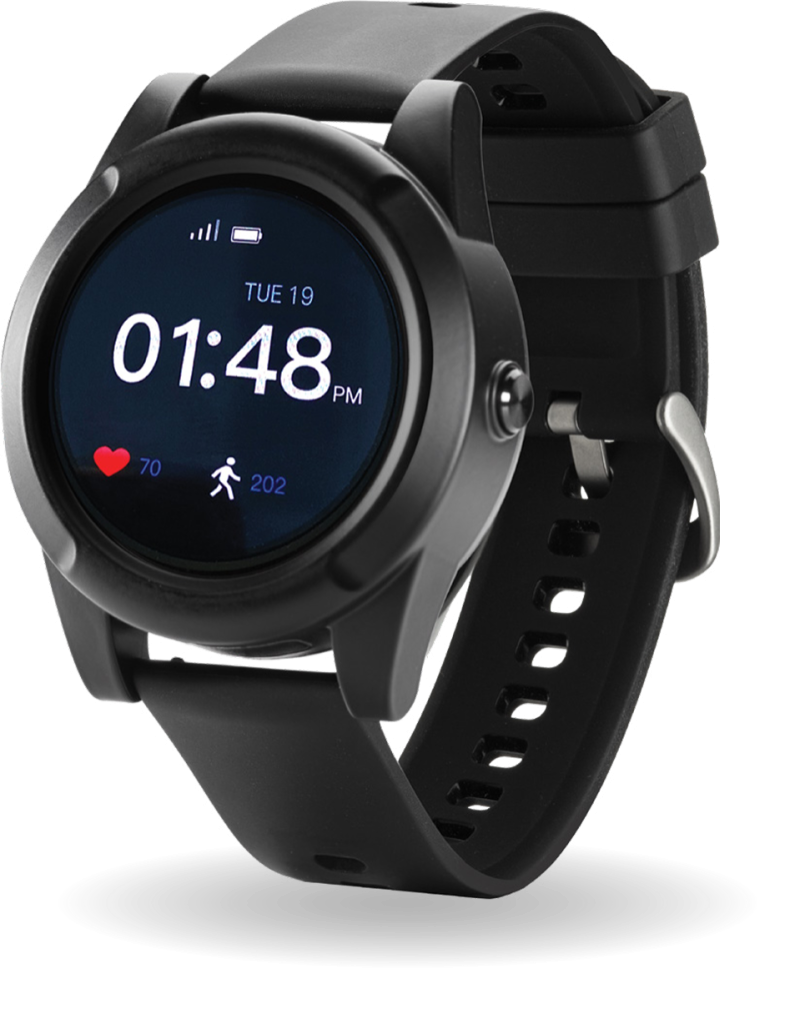
SafeLynk Smartwatch
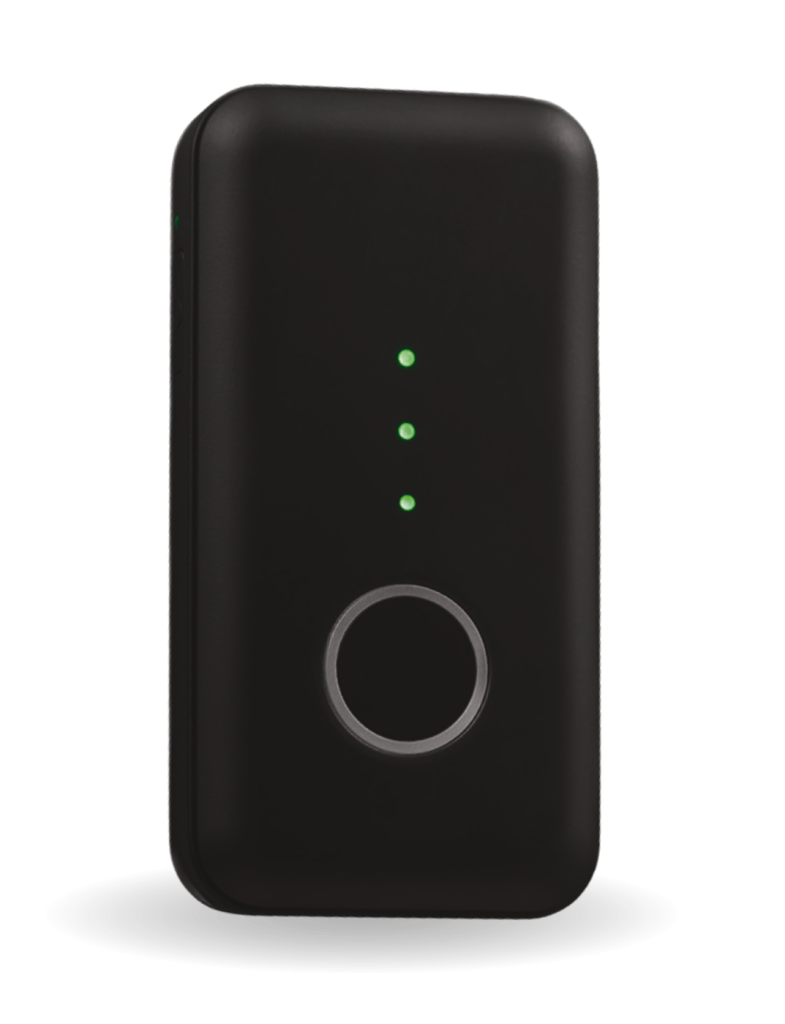
SafeLynk Locket

